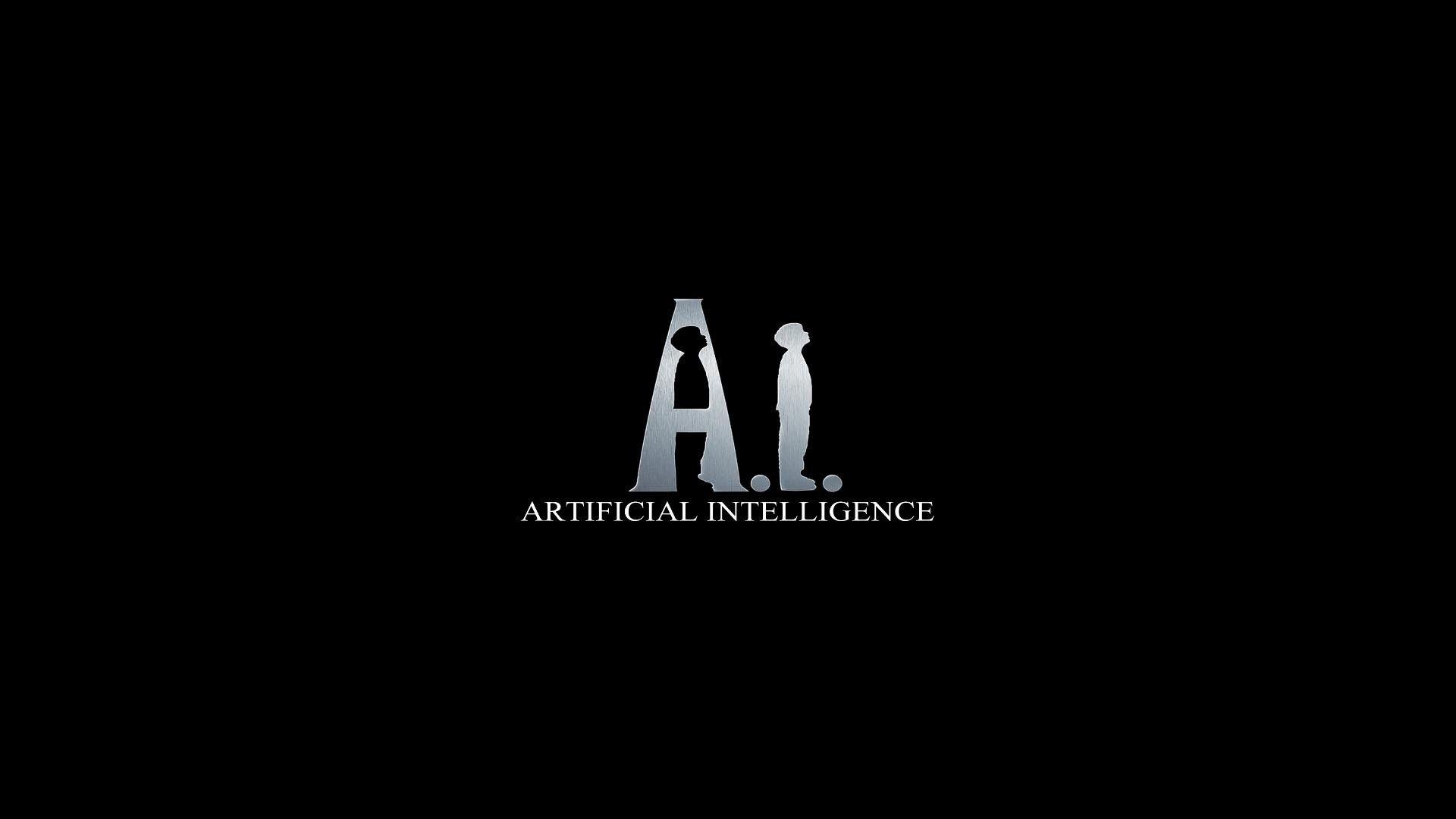Unleashing the Power of Artificial Intelligence: A Modern Marvel
Unleashing the Power of Artificial Intelligence: A Modern Marvel
Blog Article

Artificial intelligence represents a revolutionary advancement in technology, offering endless possibilities for transforming the way we live and work. By mimicking human cognitive functions, AI algorithms have the capacity to analyze vast amounts of data, recognize patterns, and make intelligent decisions with astounding accuracy. This modern marvel has permeated various facets of our daily lives, from personalized recommendation systems to autonomous vehicles, illustrating its profound impact on diverse industries globally.
In essence, artificial intelligence serves as a catalyst for innovation, enabling machines to understand, learn, and adapt to complex tasks previously reserved for human intelligence. As AI continues to evolve at a rapid pace, its applications span across a spectrum of domains, from healthcare and finance to transportation and entertainment. Embracing the power of artificial intelligence necessitates a reevaluation of traditional practices, ushering in a new era where smart machines augment human capabilities and drive unprecedented advancements in virtually every field.
History of AI
In the early days, the concept of artificial intelligence emerged as a theoretical possibility, sparking the curiosity of researchers and scientists alike. The idea of creating machines that could mimic human intelligence and perform tasks autonomously fueled the early explorations into this fascinating field. With the advent of computers in the mid-20th century, pioneers like Alan Turing laid the groundwork for what would later become the foundation of AI.
As technology advanced, so did the developments in artificial intelligence. The 1950s saw the birth of the term "artificial intelligence" and significant contributions by researchers such as John McCarthy, Marvin Minsky, and Herbert Simon. These visionaries paved the way for neural networks, symbolic reasoning, and other fundamental AI concepts that continue to shape the field today.
The evolution of AI took significant strides in the following decades, with the emergence of expert systems, machine learning algorithms, and breakthroughs in natural language processing. The marriage of advanced computing power and innovative algorithms propelled AI into new frontiers, enabling applications in areas such as robotics, healthcare, finance, and more. This ongoing journey of exploration and innovation continues to push the boundaries of what is possible with artificial intelligence.
Applications of AI
AI has revolutionized various industries through its diverse applications. In healthcare, AI is being utilized for medical image analysis, disease diagnosis, and personalized treatment recommendations. The ability of AI algorithms to sift through vast amounts of data in a fraction of the time it would take humans has significantly enhanced medical decision-making processes.
Another impactful application of AI is in the field of customer service. Chatbots powered by AI are increasingly being used by companies to provide instant and personalized assistance to customers, improving overall customer satisfaction and streamlining support processes. Through natural language processing and machine learning, these chatbots can understand and respond to customer queries effectively.
Moreover, AI is playing a crucial role in the financial sector. From fraud detection and risk assessment to algorithmic trading and personalized investment advice, AI technologies are transforming how financial institutions operate. By analyzing patterns in large datasets, AI systems help financial institutions make informed decisions swiftly, leading to more efficient and secure financial transactions.
Challenges in AI
Machine learning algorithms heavily rely on vast amounts of data to learn and make accurate predictions. However, acquiring high-quality datasets can be a significant challenge in AI development. The quality of the data directly impacts the performance of AI models, highlighting the importance of data preprocessing and cleaning.
Another challenge in AI is the potential for algorithmic bias. AI systems learn from historical data, which may contain biases based on past human decisions. If these biases are not addressed during the model training process, AI systems can perpetuate and even amplify existing societal biases, leading to unfair outcomes and discrimination.
Ai Search
Furthermore, ensuring the transparency and interpretability of AI models remains a key challenge. Advanced deep learning models, such as neural networks, often function as black boxes, making it difficult to understand how they arrive at specific decisions. Enhancing interpretability is crucial for building trust in AI systems and enabling users to comprehend and validate the results generated by these models.
Report this page